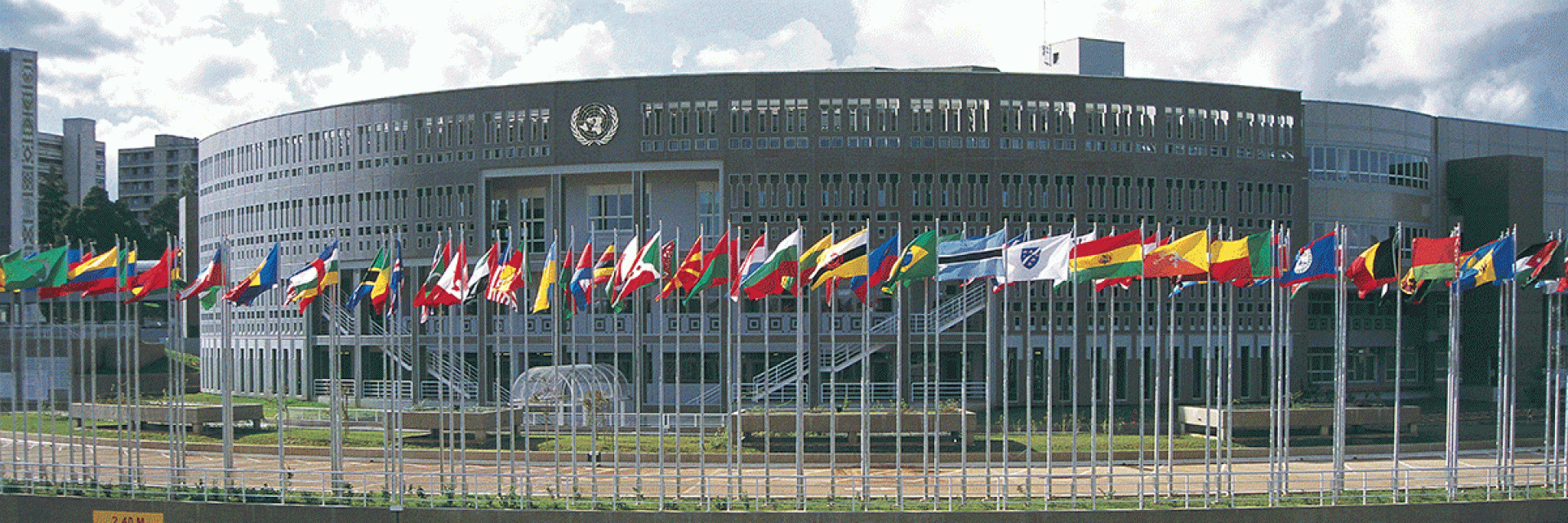Lomé, October 17, 2019 – The Togolese strategy for the implementation of the African Continental Free Trade Zone (AfCFTA) was presented today in Lomé, during a validation workshop held from 17 to 18 October in the Togolese capital.
Aimed at promoting exports within the African market, industrial development and job creation, this national strategy also sheds light on Togo’s strategy for managing its overall participation in regional integration efforts.
The strategy document, which was made possible by the contribution of several public and private sector organisations, institutions and actors, with the support of the ECA and EU in collaboration with the African Union Commission, is based on an assessment of Togo's trade performance and participation in intra-African trade. It also outlines the risks associated with the AfCFTA and potential mitigation measures. It also identifies the goods and services sectors that have comparative advantages for diversification as well as the development of priority value chains.
The workshop, which began today, follows a series of consultations that in March 2019 were the first steps in the Togolese government's outreach work on the AfCFTA, which enabled it to identify policies and approaches to begin the process of implementing the Agreement, adopted on 6 December 2018 by the Togolese parliament.
The workshop aims to gather recommendations from various stakeholders from both the Togolese public and private sectors, including the Technical Working Group on the AfCFTA, the AfCFTA Committee, employers' associations and civil society actors.
In the strategy document submitted for validation, Mr Kodjo Adedze, Togo's Minister of Trade, Industry, Private Sector Development and Local Consumer Promotion expressed the wish to see "a strengthened public-private partnership, one that is more dynamic, so that players can work together to ensure that Togo achieves its objectives by diversifying its export while protecting the interests of local producers, consumers and exporters against unfair and anti-competitive trade practices and removing non-tariff barriers.”
Recent consultations with the private sector have also identified products for which Togo has a comparative advantage, such as phosphates, cotton, beverages, food products, livestock and its produce, as well as value chains relevant to export promotion, including tubers (cassava and yam), maize, millet and sorghum. Within the AfCFTA, Togo will need to make manufacturing products such as cement and beverages more competitive and consider phosphate processing.
The Resident Coordinator of the United Nations System in Togo, Mr Damien said that “Before congratulating Togo for being one of the first African countries to prepare and validate a strategy for implementing the AfCFTA, it is important that the strategy takes into account, what other countries, including its neighbours in the CEDEAO, are doing.”
The Togolese strategy for implementing the AfCFTA seeks to focus on the sectors identified in existing national policies and strategies, including the National Development Programme 2018-2022, national trade policy, national export strategy, national industrial policy, national investment promotion strategy and national tourism policy.
Issued by:
Communications Section
Economic Commission for Africa
PO Box 3001
Addis Ababa
Ethiopia
Tel: +251 11 551 5826
E-mail: eca-info@un.org

